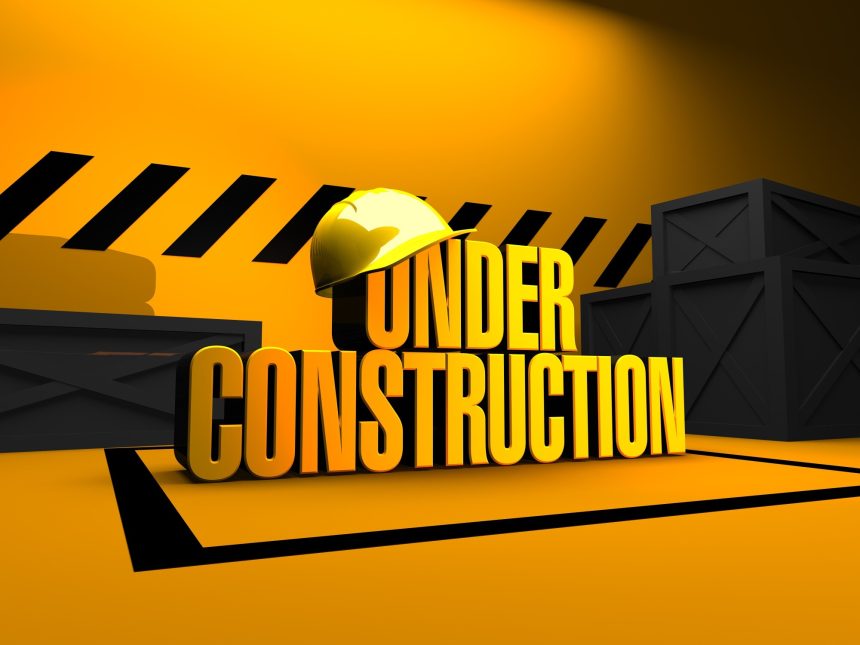As you can imagine, those in manual labor-intensive lines of work face many risks every day.
But this goes just beyond the potential injuries of the human body. There is a great potential for financial loss at every stage of a project. While this may not involve bodily injury, it can kill a company in other ways.
For this reason, there are a plethora of contractors’ insurance options available. Some are mandatory, some are not—depending on your location and line of work.
General liability insurance for contractors is not one that can go overlooked, as it carries important benefits in response to the financial and other liability-based risks contractors face on a daily basis.
For more information on general liability insurance and why it’s important, keep reading below!
What Is General Liability Insurance for Contractors?
The world of contractors insurance can be confusing, as there are various coverage areas available. Generally speaking, the most common types are:
- Property insurance
- Inland marine insurance
- Contractors installation floater insurance
- Business automobile insurance
- Workers’ compensation insurance
- Umbrella liability insurance
While these all serve important purposes, general liability insurance is the foundation for them all. This coverage serves as the basis insurance for contractors.
A general liability insurance policy will vary by contractor, but it typically covers $1 million in products and workmanship. This also includes your own work, should it ultimately causes damage to someone else’s property.
Other common business risks that are covered by this type of insurance include:
- Customer/third party injury
- Customer/third party property damage
- Advertising injury
Why Is It Important?
General liability coverage is one of the most important coverage areas a contractor can get. It covers your job site’s ongoing operations, as well as the risk of causing damage to a third party’s property.
This is the coverage you need as a contractor, to rest assured while completing a project. Should you inadvertently cause damage to someone else’s property while completing a project—you are covered.
This allows contractors to focus on getting the job done correctly, rather than walking on eggshells, afraid to have to front damage costs out-of-pocket.
Plus, this type of insurance keeps your business protected from further financial consequences. Without it, you face the risk of potentially costly lawsuits from customers or other third parties with injury or property damage.
Between the peace of mind provided, and the legal requirement in many states, it’s not a bad idea to look into general liability insurance for yourself.
Now You Know—What Is General Liability Insurance?
With this information, you now should have a better understanding of what general liability insurance for contractors actually consists of. Should you find yourself needing this coverage, you can make a more informed decision while shopping around.
If you found this article helpful, there is plenty more where this came from. Check out our other business, lifestyle, and other content!














